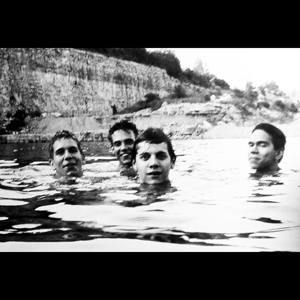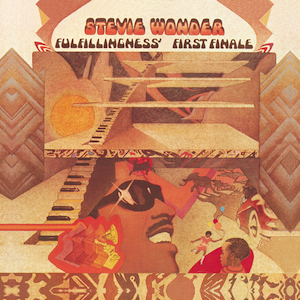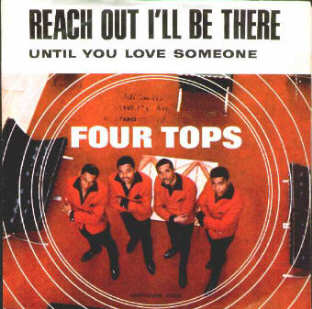
"Thunder Road" by Bruce Springsteen is the greatest song of all time. U-S-A!
Bruce Springsteen the man has always been interesting to me, but I've found Bruce Springsteen the musician to be somewhat disappointing. Excepting the prog-rock-fusion-folk fun of the excellent Wild, the Innocent, and the E Street Shuffle, he seems a remarkably simple-minded songwriter. The guy is praised for his romanticism and his ambitions and his devil-may-care attitude, but take away that (awesome) voice, and, sorry, you got a pretty conservative set of verse-chorus-verse songs. Even his supposedly "dark" records-- Darkness on the Edge of Town and Nebraska, aka the ones a jaded fuck like me is supposed to like--- are based around the most basic of major-key chord progressions, talky melodies with big, Bowie-style choruses, and, to be perfectly honest, obvious rhymes.
(Which reminds me... everyone talks about "Badlands" like it's this creepy and evil song, or whatever. Why? Because it has the word "bad" in its title? Because Terrence Malick made a very dark film with the same name? It's got the EXACT SAME sentiment contained in "Born to Run." OK... there's that one part where he talks about the poor man and the rich man and stuff, and I suppose it suggests that no one is innocent, but c'mon: every single writer ever of note has said this a hundred times before.)
The Boss's best songs-- like "Thunder Road," and most of the tracks on the aforementioned Wild, the Innocent-- are those where his romantic sentiment breaks free of its three-chord shackles and roams. Because the Boss is not a great melody writer, and because the E Street band never really "rocks" in the conventional Led Zeppelin sense, verse-chorus-verse doesn't work for him, or them. Bruce and Co. need time and space to make it happen. "Thunder Road"-- five minutes long, but always seeming twice that length to me, what with all the words and emotions-- offers plenty of both. It's a song whose loose, barely there structure mirrors the freewheeling mind of its narrator. So while the scene is set...
Screen door slams, Mary's dress waves
Like a vision she dances across the porch as the radio plays
We just hear a piano. In fact, we don't start "rocking" at all until the song's hero starts making his case for the open road.
You can hide neath your covers and study your pain
Make crosses for your lovers, throw roses in the rain
Waste your summer praying in vain
For a savior to rise from these streets
OR, you can...
Roll down the window and let the wind roll back your hair!
The night's busting open these two lanes will take us anywhere!
There's nothing particularly relevatory about that sentiment. It's not even one that I relate to. But I do find it hard to resist the Boss, now yelling, now with guitars and drums and stuff. He's seducing me! AH!
And it keeps getting better and better, see... Because the narrator keeps on spicing up his argument for freedom with these super-cool lines ("Oh come take my hand" and "I got this guitar and I learned how to make it talk"), and his band just keeps driving away. Constant motion, no lines revisited, just more and more persuasion, until finally, the clincher:
It's a town full of losers... I'm pulling outta here to WINNNNNNNNNNNNNN
GAH! PERFECT!
The only thing that's a bummer is, well, the final saxophone "jam" has always struck me as incredibly dopey, a weak way to follow-up Bruce's climactic wail. But I guess that's America: freedom, fun, and cheese.
And I guess that's why, warts and all, "Thunder Road" is the greatest song of all time.
http://www.youtube.com/watch?v=RMB3M43AEpc





